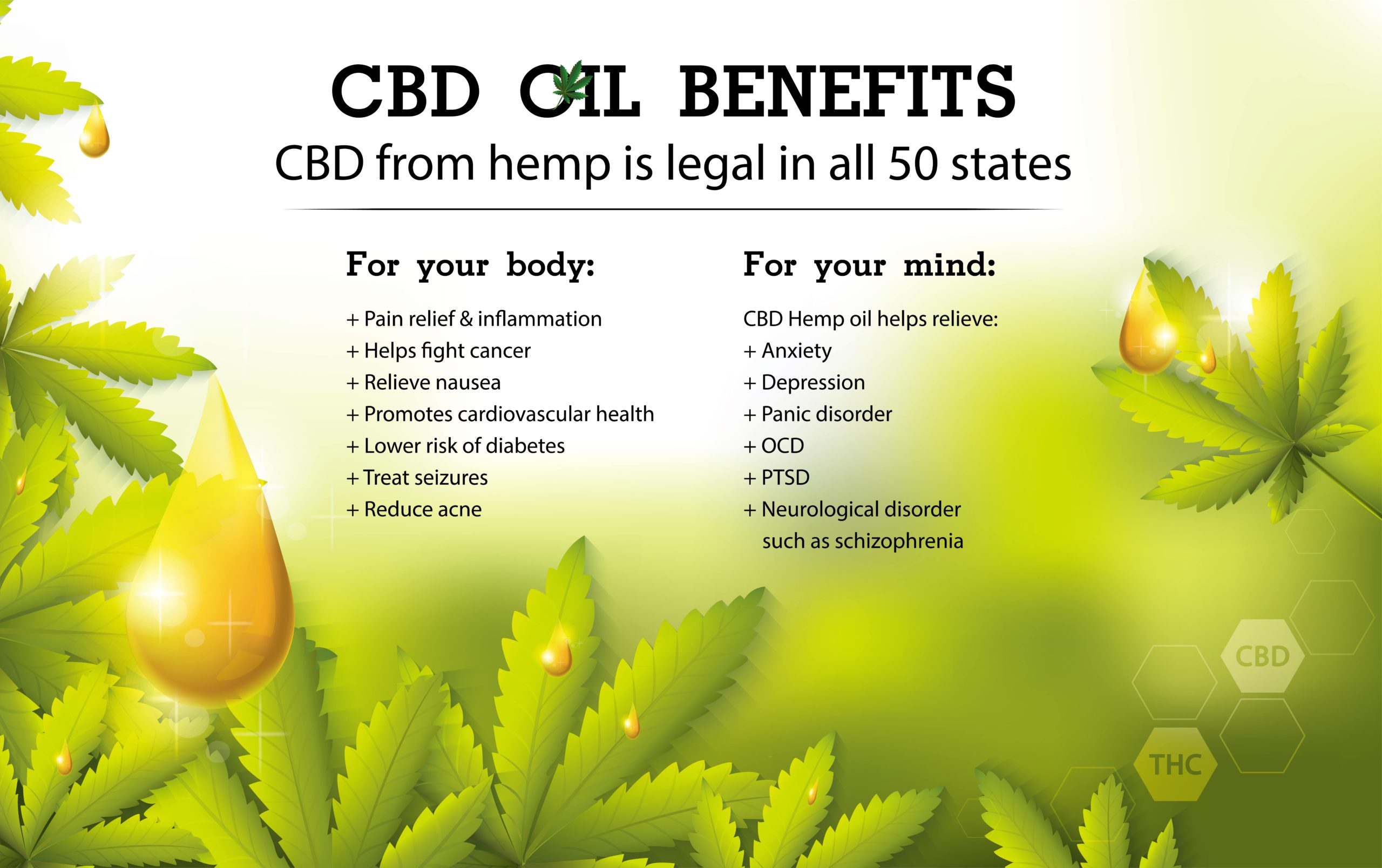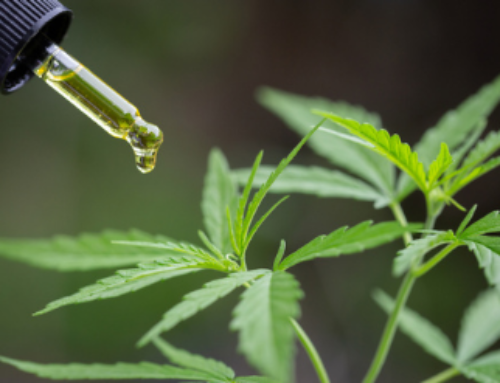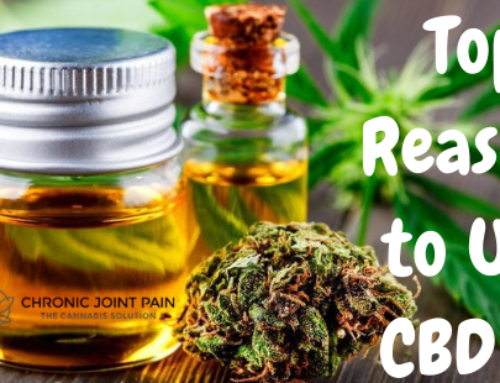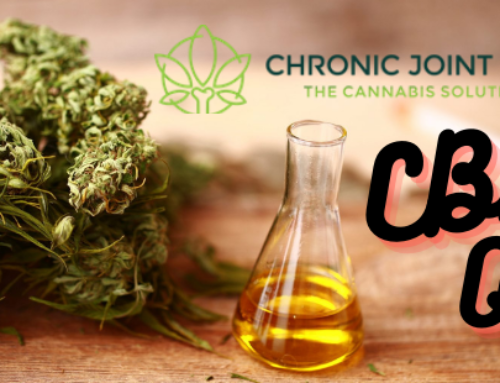Cannabis plants contain a wide range of cannabinoids. While researchers are only now beginning to investigate them, one in particular has already shown promise in terms of potential health benefits.
Cannabidiol, or CBD, is the chemical compound in question. CBD, unlike its cousin tetrahydrocannabinol (THC), is not intoxicating, which means it will not get you “high.” Should you use CBD in the same way you would THC? Do you want to know how to take CBD oil and how it affects us?
CBD is increasingly being considered for conditions such as muscle aches and pain, anxiety and better sleep, thanks to the legalisation of regulated hemp production in the 2018 Farm Bill. Thinking about buying and using this hemp-derived, natural remedy but don’t know where to begin? Don’t worry, we’re here to help.
Inhaling It by Smoking or Vaping It
You can smoke CBD by dabbing – using a dab rig or portable dab pen – vaping with CBD vape juice and a vape pen, or smoking a CBD hemp joint if you live in the United States.
CBD smoking is popular due to its high bioavailability. This means that it is rapidly absorbed by the human body. Because CBD oil quickly enters the bloodstream, it has a much faster effect. It usually only takes a few minutes and has an almost instantaneous impact on users.
Some people choose to smoke CBD oil because they dislike the natural taste, which can be difficult for those with sensitive palates to adjust to. If you choose to vape it, you can even add different flavours to suit your taste while still reaping the benefits of rapid absorption.
Topical Application
The following method of using CBD oil is topical application, which involves applying it to your skin. This topical method is probably the simplest to use because it does not necessitate the use of any special tools or knowledge. Simply calculate your desired dosage and apply the appropriate amount of oil to your skin.
This method is most effective for aching muscles, migraines, and skin conditions.
You can apply the oil directly to any sore areas, like a sore neck, sore back, or even sore feet. You can also apply it to your temples to help relieve migraines!
Sublingual Application
You can buy CBD oil tinctures, which are small bottles that look like eye drops and are used to take cannabidiol sublingually. Simply apply a few drops from the dropper under your tongue, hold it in your mouth for 30 seconds, and swallow! This method is discrete, effective, and provides a sense of calm and well-being.
Sublingual oils, in the form of drops or sprays, take advantage of the mucous membrane under the tongue, allowing active ingredients to bypass the digestive process and enter the bloodstream directly.
Pure hemp oil concentrates are thought to be a good way to incorporate a large number of cannabinoids into your daily routine.
Ingestion/Edibles
Last but not least, there are the edibles! Adding CBD oil to your food is a fun and simple way to consume CBD. You can add CBD oil to your beverages and food to get desired effects. CBD edibles will not cause any psychoactive effects, unlike THC edibles, which are known to be too potent for some. CBD edibles in full-spectrum form are common, but CBD isolate can also be found in gummies.
You can make your own CBD edibles, such as CBD-infused butter or pasta, in addition to purchasing pre-made CBD-infused foods. Simply be mindful of how much oil you use in your cooking.
Note: Watch how much you eat! Because the effects of edibles can take 1-2 hours to take effect, people frequently overeat. It’s always a good idea to wait a few hours and see how you feel before eating anything else.
Benefits of using CBD oil
CBD is one of many different molecules found only in the Cannabis plant. CBD oil typically contains low levels of the cannabinoid tetrahydrocannabinol (THC), the compound responsible for the ‘high.’
People have reported using CBD oil to treat a variety of medical conditions like joint pain, anxiety and depression, without becoming intoxicated from THC. In general, most people tolerate CBD well and have few side effects.

CBD, unlike THC, does not readily bind to cannabinoid receptors. These receptors are important components of the human endocannabinoid system, which is important in the central nervous system.
Endocannabinoids are signalling molecules that aid in the regulation of various processes such as pain, memory, mood, immunity, and stress. CBD, on the other hand, interacts with other receptors, such as serotonin and opioid receptors.
It might also boost levels of naturally occurring endocannabinoids, which may explain its seemingly broad range of uses.
Can Relieve Pain
CBD does not bind to receptors and is thought to work by inducing other cannabinoid system components.
CBD, in fact, has a wide range of effects on the central and peripheral nervous systems, as well as the immune system. It collaborates with our endocannabinoid system to act as an antioxidant, reduce inflammation, and as an analgesic or pain reliever.
CBD may even slow the progression of osteoarthritis and prevent nerve damage and can be beneficial in treating chronic joint pain too.
Could Reduce Anxiety and Depression
CBD shows promise in the treatment of anxiety disorders. CBD, according to the researchers, demonstrated potent anxiolytic (anxiety-relieving) effects in animal studies, albeit with unexpected results.
The way CBD acts in the brain may explain some of this response. CBD may act as an agonist to several receptor sites. This means it acts similarly to surrounding molecules that normally bind to the receptor, enhancing the signalling of those receptor sites
Addiction management and treatment
According to some experts, CBD oil can help people who are addicted by reducing activation of the amygdala, a brain area involved in addiction.
Cravings for drugs are usually triggered by exposure to a specific cue. As a result, reducing cravings during cues can assist people in abstaining from heroin.
CBD’s effect on cue-induced craving and anxiety was investigated in a study published in the American Journal of Psychiatry.
The researchers showed that compared with placebo, those who took CBD had lower cravings and anxiety. These results are promising and require further investigation.
Inflammatory skin conditions
Certain cannabinoids have been shown in studies to have anti-inflammatory, anti-itch, anti-aging, and anti-acne properties. Some experts believe that these effects occur when the drug interacts with the skin’s endocannabinoid system.
CBD inhibited some of the sebaceous gland functions that contribute to acne, according to Cell studies.
Summary
CBD oil and other CBD-based products are used for a variety of purposes, including pain relief, anxiety control, and seizure management.
Although studies show that CBD has few side effects, its effectiveness for a variety of medical conditions warrants further investigation.
Others use CBD oil to treat medical conditions that have yet to be thoroughly studied by researchers. People who use CBD oil should speak with a doctor to ensure the drug is safe and whether CBD is more effective than other conventional medications.





